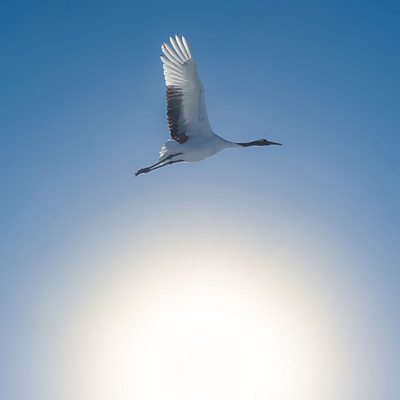Episode details

Radio 4,2 mins
"Science...is a gift from God to be protected and enjoyed" - Rev Professor David Wilkinson
Thought for the DayAvailable for over a year
Good morning. After a two year refit, particles were injected this weekend into the Large Hadron Collider in preparation for its restart in the coming weeks. Meanwhile the Dawn spacecraft settled into an orbit around the dwarf planet Ceres after a seven year journey. As an astrophysicst and theologian I find these achievements very exciting, although I was shocked recently by a senior religious leader who argued that the massive cost of these projects cannot be justified when there is such need in the world. Big science is costly and the benefits are not always immediate. The Dawn project costs some 300 million pounds with the hope of understanding how the solar system formed. The 3.74 billion pound Large Hadron Collider has already discovered the Higgs particle and its 50 million pound upgrade will increase the collision energy of its particles by 60%. This will recreate similar temperatures to billionths of a second after the Big Bang and might allow us to discover the nature of the dark matter of the universe. Now of course some of this work enriches our technological abilities with transferable applications in computer technology and medical imaging. But even so the origin of the solar system and dark matter may be of interest to scientists but are they important for everyday life? The neuroscientist Donald McKay suggested that a Christian understanding of scientific discovery was an invitation for all to play and explore in God's beautiful garden of creation. Yes the garden needs to be cared for but it is also to be enjoyed as part of being made in the image of God. It's interesting that in his new book, To Explain the World, atheist and Nobel prize winning physicist Steven Weinberg emphasises that joy is one of the main reasons that science advances. The recent CBI report Tomorrow's World has raised the question of whether science is being squeezed out of primary schools, and it seems to me that we need to be continually asking for the good of our society whether we are allowing enough space for the joy of science. While questions about where money is spent are always difficult, religious people in particular need to avoid giving the impression that science is a false idol. It is a gift from God to be protected and enjoyed - just as the historic sites of Iraq also need to be valued. Giuseppe Piazzi was the monk who first observed Ceres in 1801. His king wanted to honour him with a gold medal with his picture on it, but Piazzi instead asked to use the money for a new equatorial telescope - not a bad thing to do in my view! First broadcast 9 March 2015
Programme Website